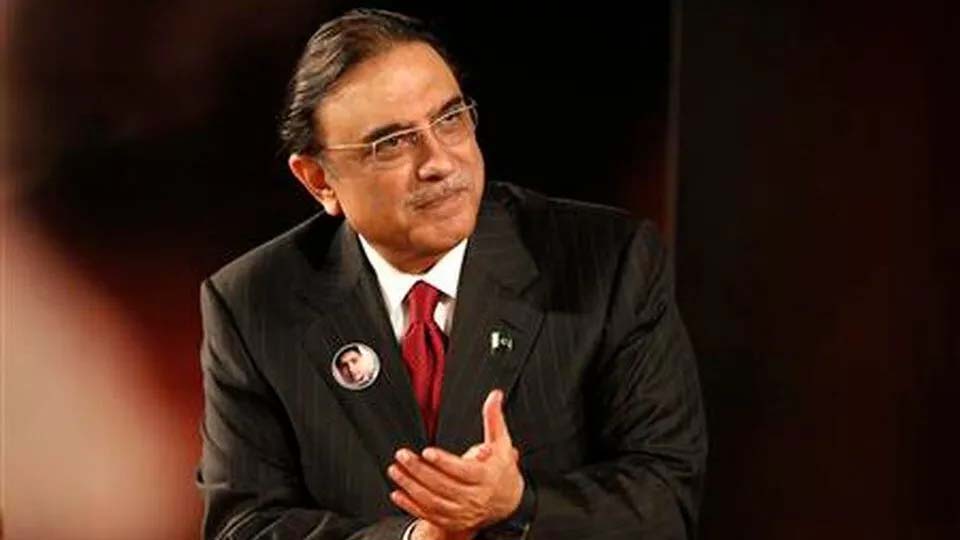Amid the grandeur of Aiwan-e-Sadr in Islamabad, Asif Ali Zardari, the Co-chairman of the Pakistan Peoples Party (PPP), is poised to ascend to the presidency as the 14th leader of the nation. The inauguration ceremony, scheduled for 4 pm on Sunday, will be graced by Chief Justice of Pakistan, Qazi Faez Isa, who will administer the oath of office to the newly-anointed head of state, as reported by Geo News.
In attendance at this momentous event will be Prime Minister Shehbaz Sharif, the triumvirate of service chiefs, and Chairman of the Joint Chiefs of Staff Committee, General Sahir Shamshad Mirza. The distinguished gathering will also include governors from all four provinces, chief ministers, and foreign envoys, adding a diplomatic flair to the proceedings.
Zardari, the consensus candidate of the ruling alliance, clinched the presidency for the second time with an impressive victory over Mahmood Khan Achakzai, the nominee of the PTI-backed Sunni Ittehad Council (SIC). The president-elect secured a resounding 411 electoral votes across parliament and the four provincial assemblies, enjoying staunch support from allied parties such as the Pakistan Muslim League-Nawaz (PML-N) and the Muttahida Qaumi Movement-Pakistan (MQM-P).
Meanwhile, Zardari’s rival, Achakzai, managed to garner only 181 votes, with his sole stronghold being the Khyber Pakhtunkhwa Assembly dominated by the PTI-backed SIC. In the National Assembly, Zardari emerged victorious with 225 votes against Achakzai’s 119. The Sindh Assembly also favored Zardari with 53 votes, leaving his opponent with a mere three.
Diving into the regional breakdown, Zardari secured 43 votes in the Punjab Assembly, eight in the KP Assembly, and 47 in the Balochistan Assembly. In contrast, Achakzai trailed behind with 18, 41, and 0 votes in the respective assemblies. This marks Zardari’s second triumph in the presidential arena, having previously served as the 11th president of Pakistan from 2008 to 2013. He has been a prominent member of the National Assembly since August 2018.
Born in 1955, Zardari’s formative years were spent in Karachi, where he received his education. His union with Benazir Bhutto, the daughter of Pakistan’s former prime minister Zulfikar Ali Bhutto, ended tragically with her assassination in December 2007. Dr. Arif Alvi, the outgoing president, held office for an extended five months beyond his official term, making way for Zardari to assume the presidential mantle.









